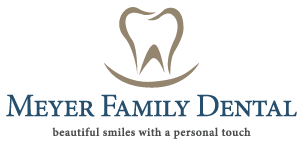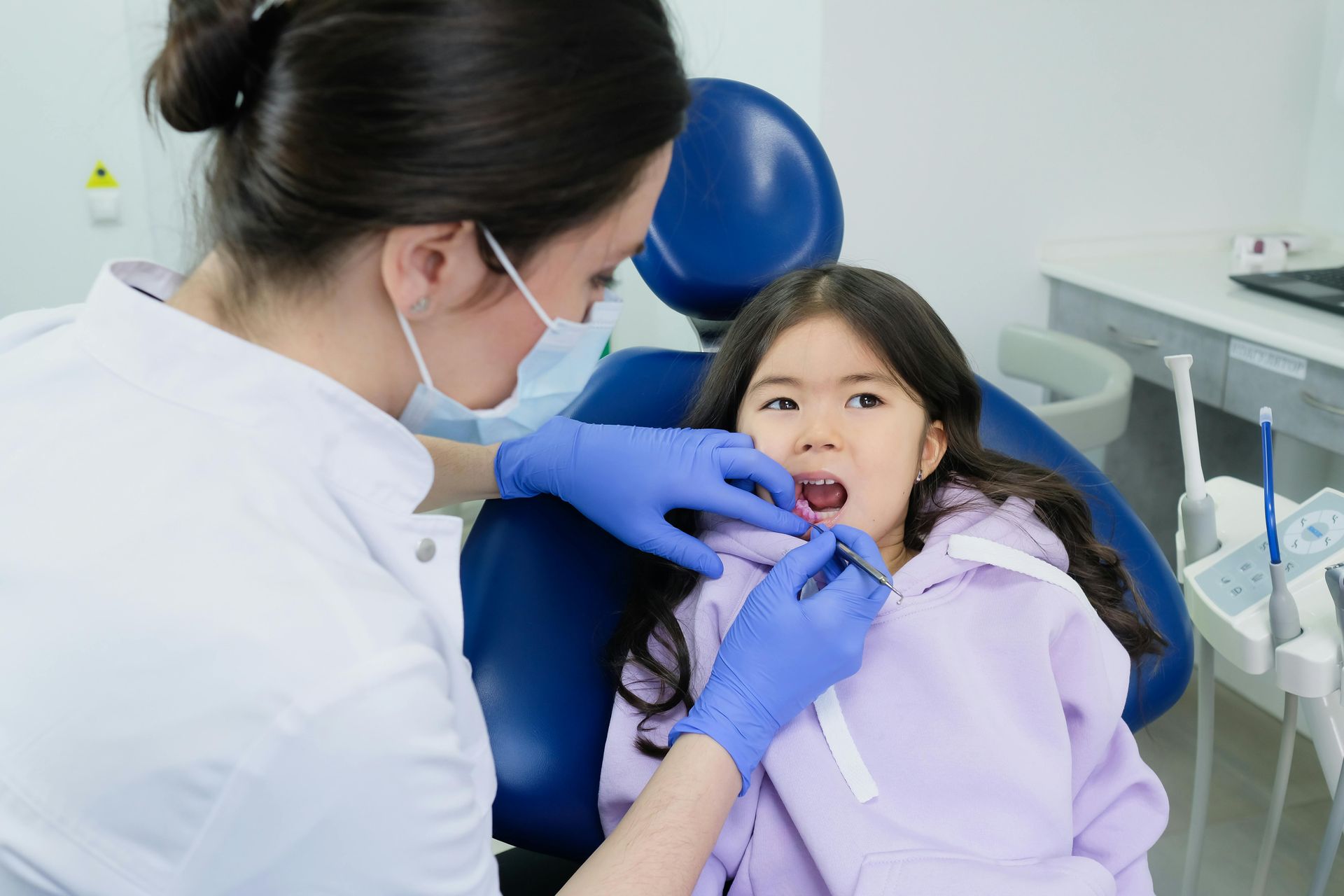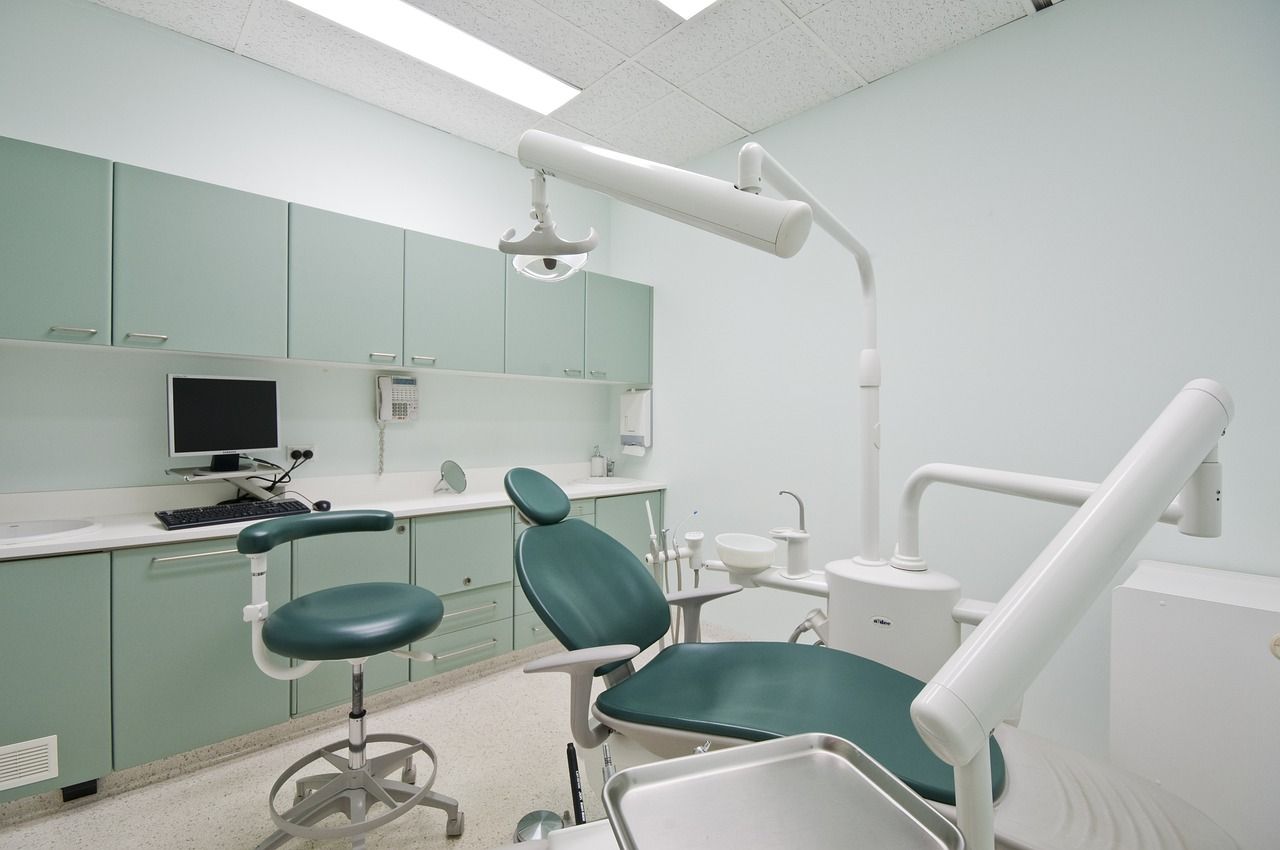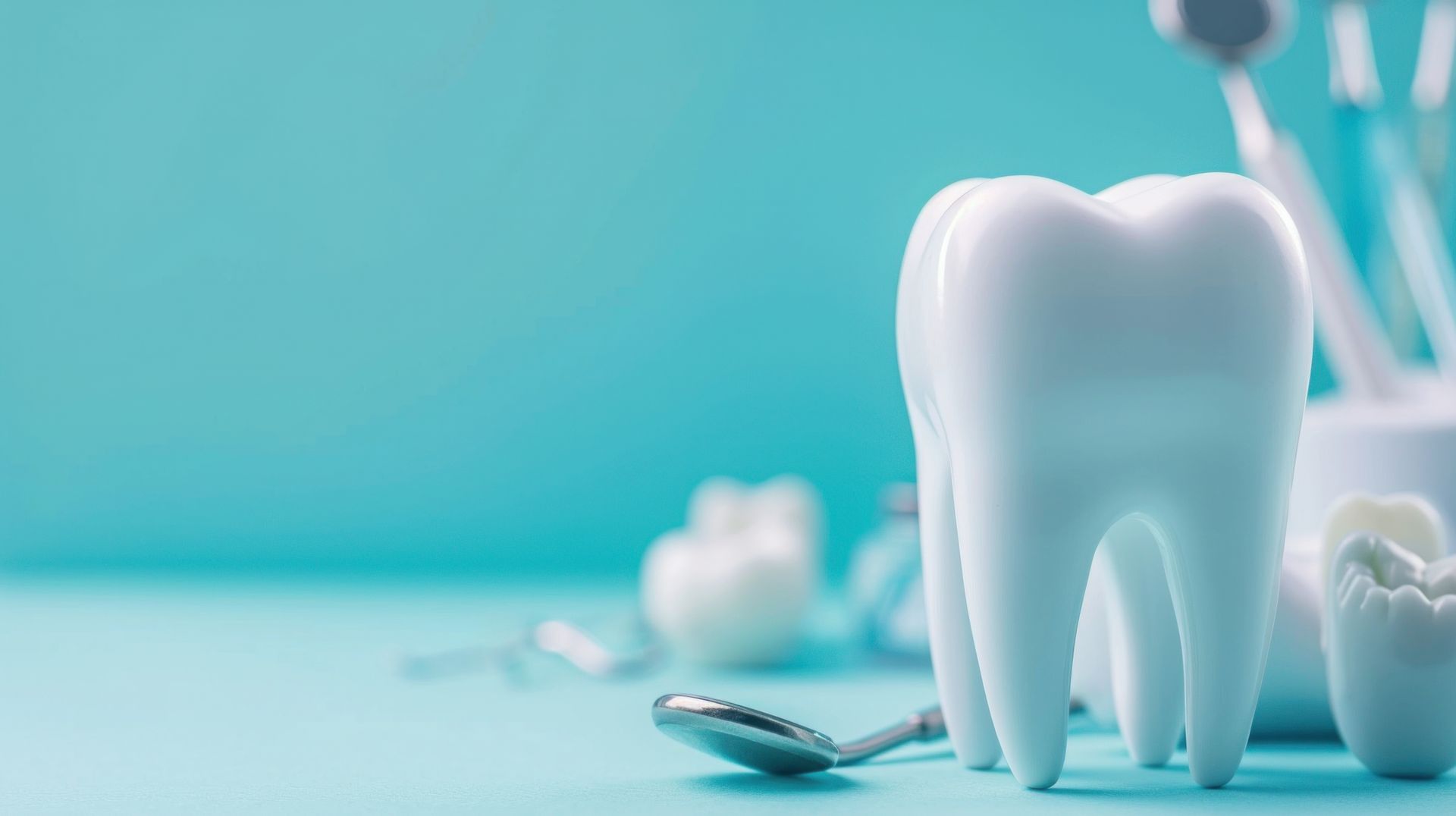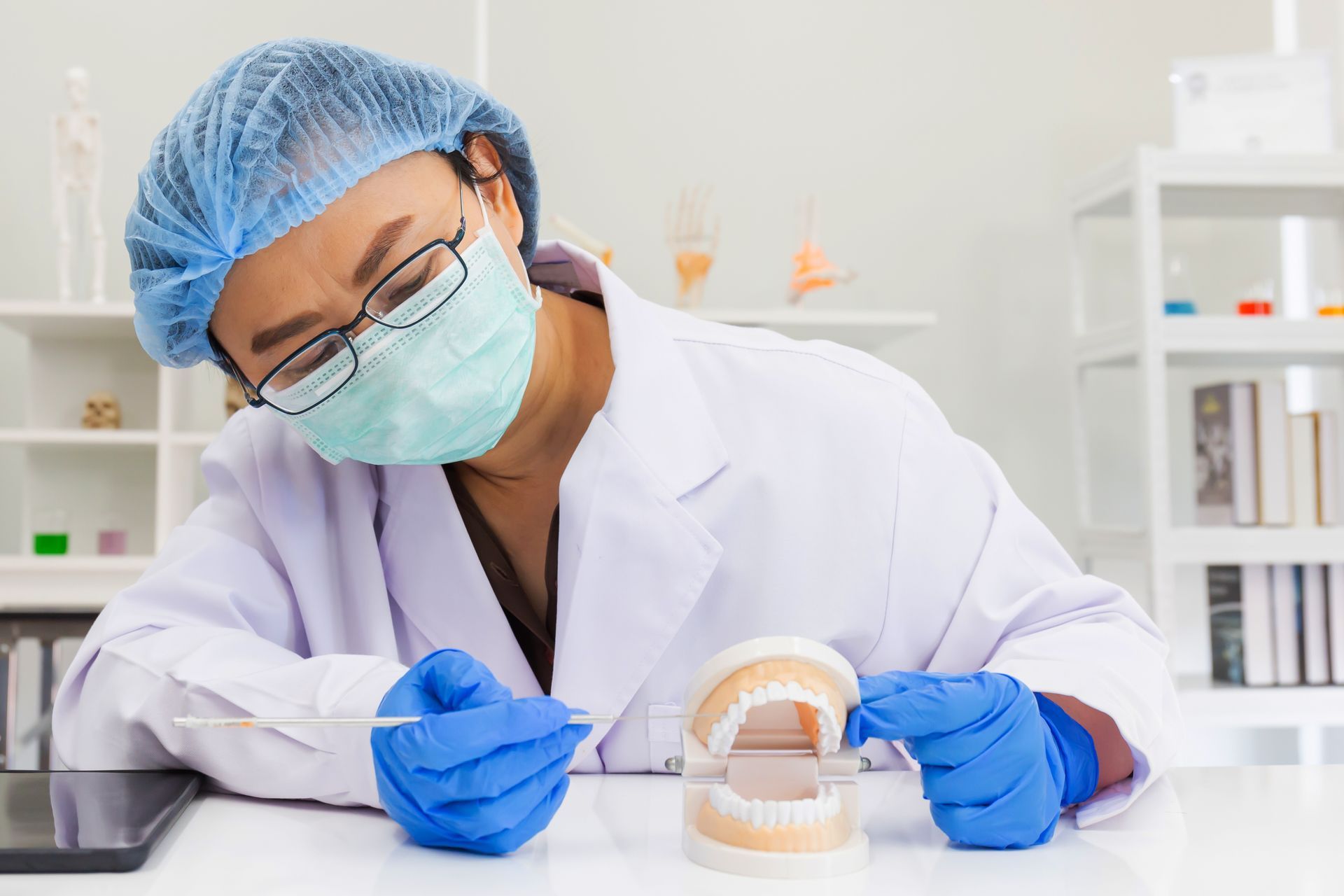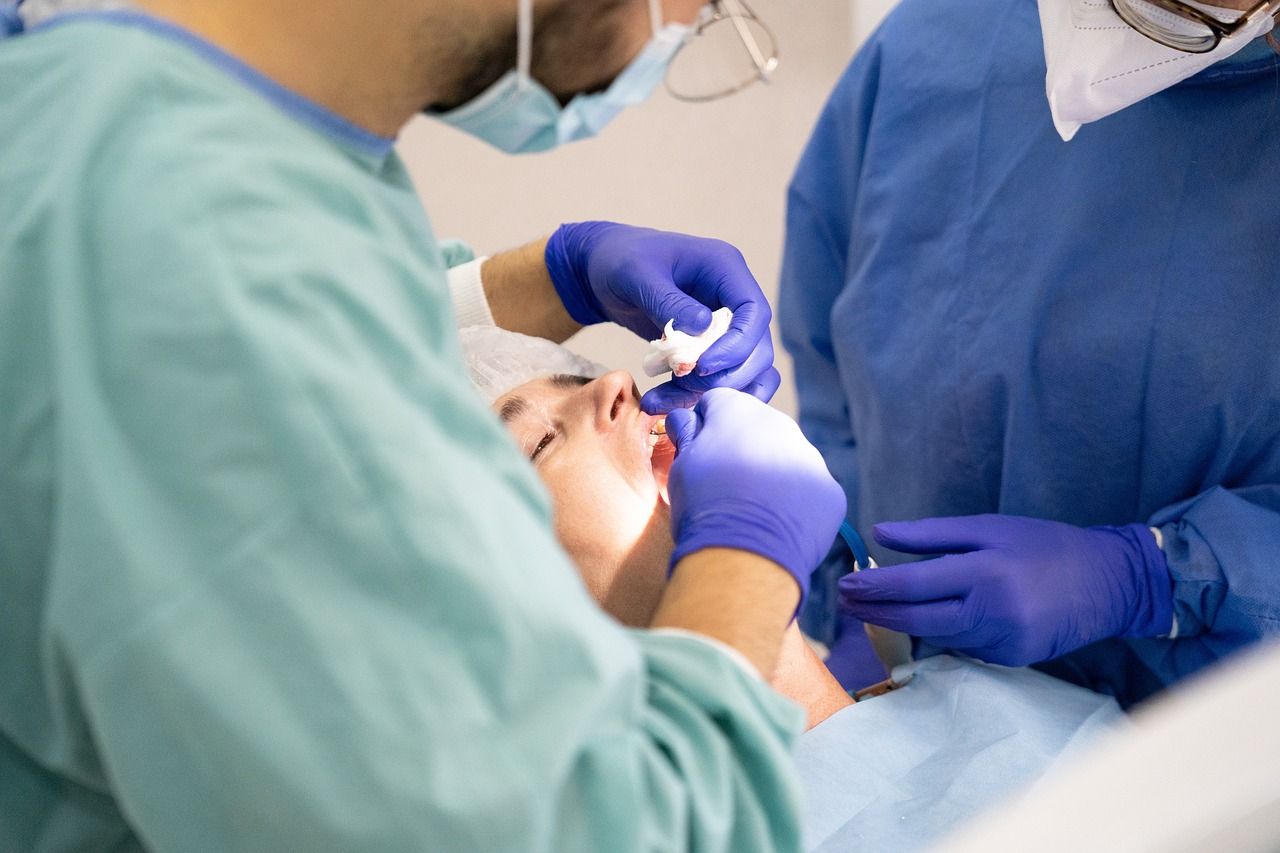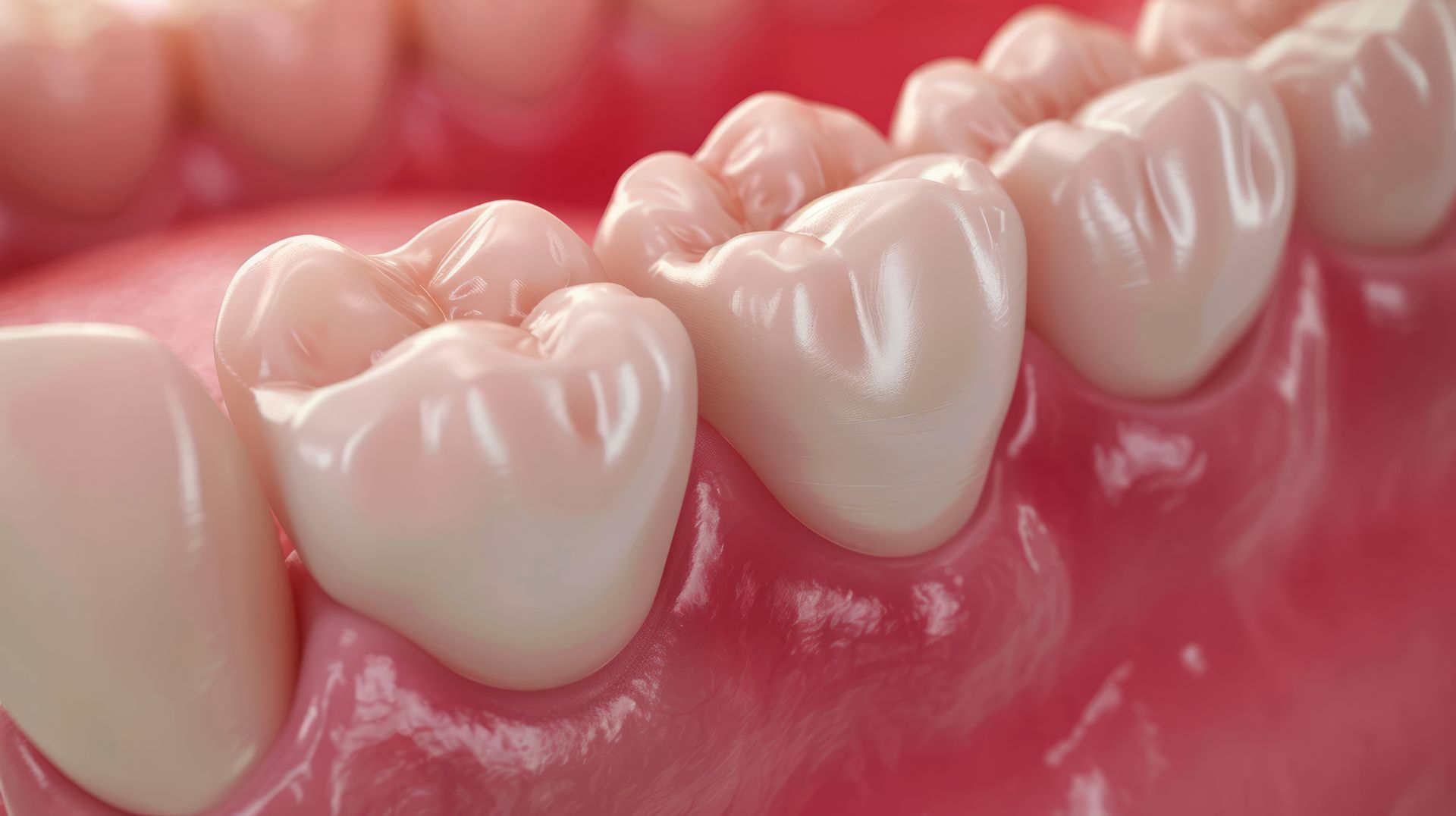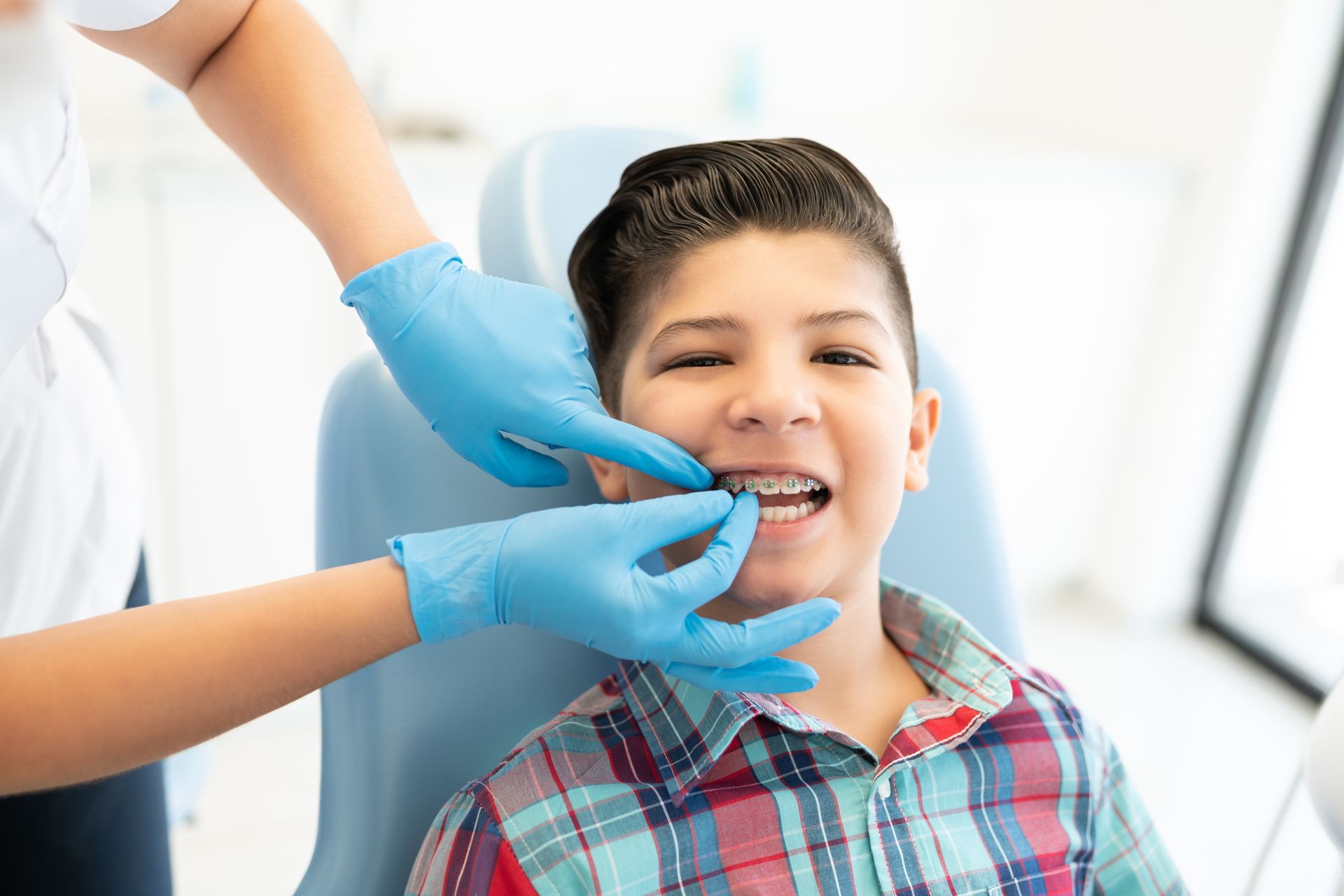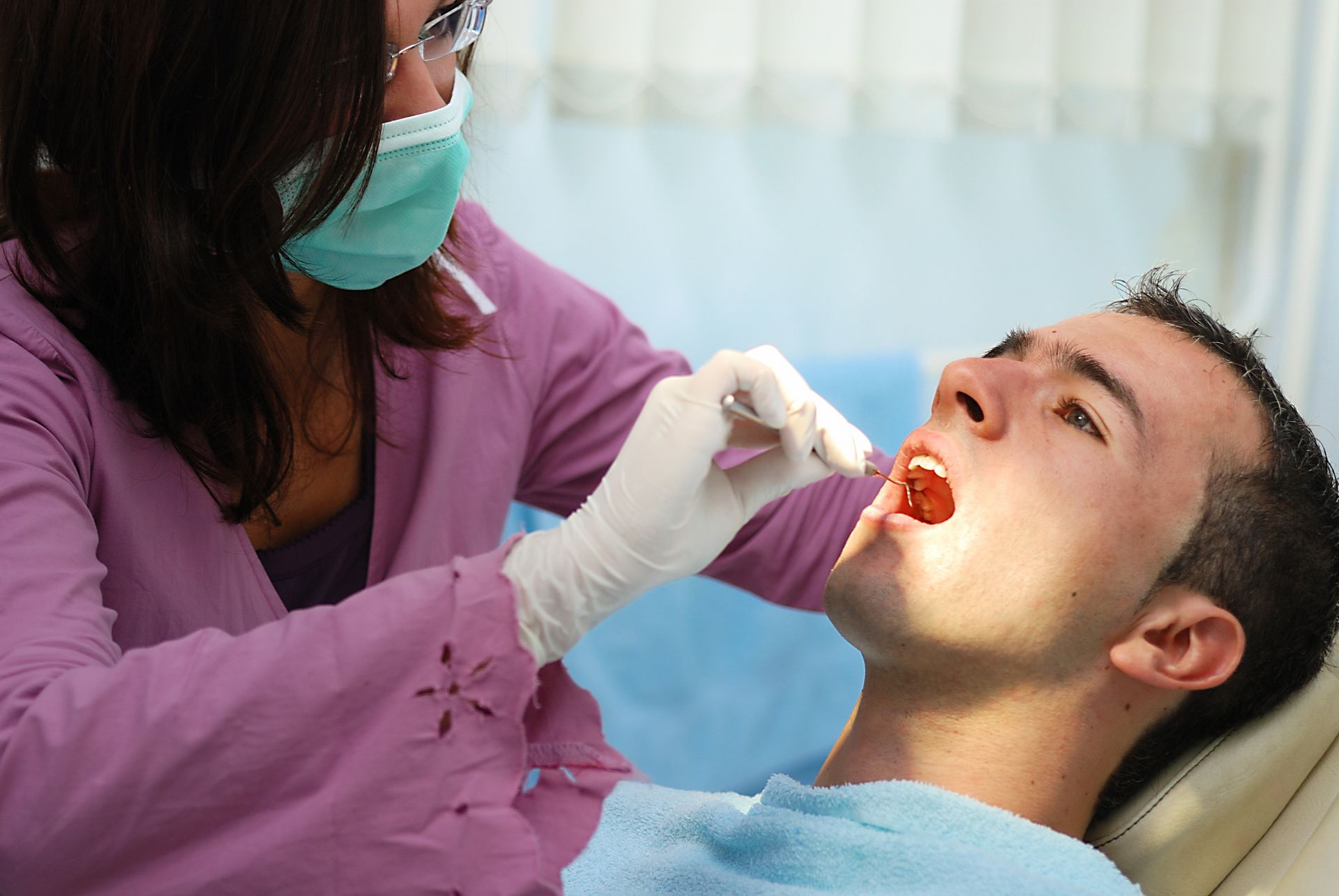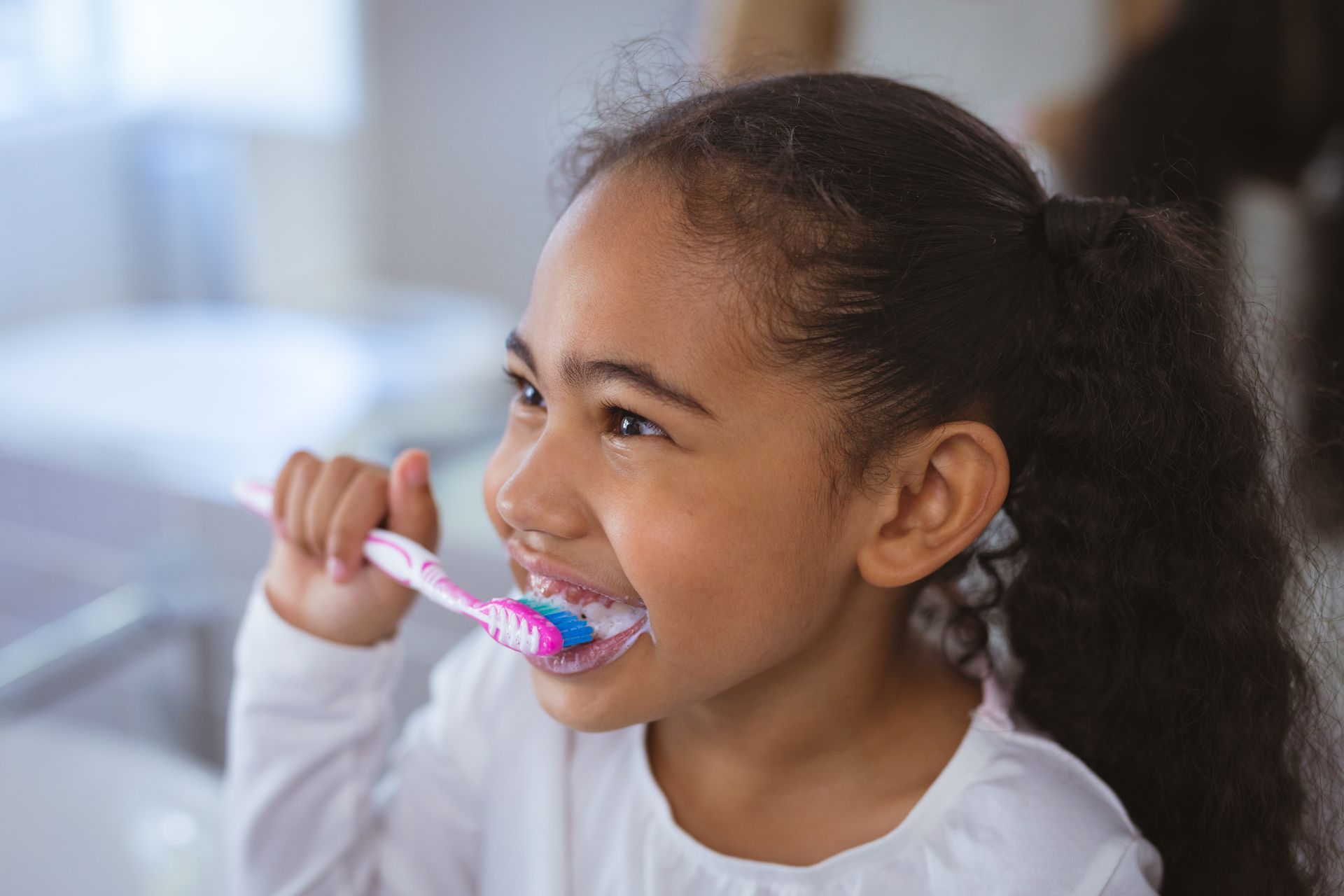Dental Emergencies: What to Do and When to Call the Dentist
Dental emergencies can be both frightening and painful, often occurring without warning. Knowing how to handle these situations effectively can make all the difference between saving and losing a tooth. Whether it's a sudden
emergency tooth pain relief situation or a knocked-out tooth, prompt action is crucial. At Meyer Family Dental, we're here to guide you through the steps you should take in the event of a
dental emergency and when it’s essential to seek professional help.
Understanding Common Dental Emergencies
Emergency dentistry covers a range of urgent situations that require prompt attention. Some of the most common cases include:
- Toothache: A sudden, severe toothache may indicate an infection, abscess, or cavity. While some discomfort can be managed at home, persistent or intense pain requires urgent dental care.
- Chipped or Broken Teeth: Whether due to an accident or biting down on something hard, a chipped or broken tooth can be painful and unsightly. In some cases, the break may expose the tooth's nerve, leading to further complications.
- Knocked-Out Tooth: A knocked-out tooth is a serious emergency that requires prompt action. The sooner you see a dentist, the better the chances of saving the tooth.
- Lost Filling or Crown: A lost filling and crown can expose the tooth to further damage. Addressing this issue quickly helps prevent decay and sensitivity.
- Abscess: A dental abscess is a severe infection that typically forms at the root of a tooth or in the gums. It can cause significant pain and swelling and, if left untreated, can lead to serious health complications.
Recognizing these situations helps determine when
immediate dental care is needed.
Immediate Steps to Take in a Dental Emergency
When faced with a dental emergency, knowing how to respond can help minimize damage:
- For a Toothache: Rinse your mouth with warm water and use dental floss to remove any food particles that may be causing discomfort. If the pain persists, apply a cold compress to the outside of your mouth or cheek and contact a dentist as soon as possible.
- For a Chipped or Broken Tooth: Save any broken pieces and rinse your mouth. Control bleeding with gauze and apply a cold compress before seeking broken teeth treatment.
- For a Knocked-Out Tooth: Handle the tooth by the crown (the part that’s usually visible in the mouth), not the root. Rinse it gently with water if it’s dirty, but do not scrub or remove any tissue fragments. Try to place the tooth back into the socket if possible; if not, keep it in a container of milk or saline solution and seek emergency dental care within 30 minutes.
- For a Lost Filling or Crown: If you can, try to temporarily reattach the crown using dental cement or toothpaste. Avoid chewing on the affected side of your mouth and make an appointment with your dentist as soon as possible.
- For an Abscess: Rinse your mouth with a mild saltwater solution several times a day to help draw the pus to the surface and reduce pain. However, this is only a temporary measure, and it’s critical to see a dentist immediately.
These actions can help control pain and prevent complications while you’re waiting to see a dental professional.
When to Call the Dentist Immediately
Some dental emergencies require immediate professional attention to prevent long-term damage or even life-threatening complications. Here’s when you should call a dentist immediately:
- Severe Toothache: If your toothache is persistent, severe, or accompanied by swelling, fever, or a foul taste in your mouth, it may indicate an infection that needs urgent care.
- Knocked-Out Tooth: Immediate action is crucial for saving a knocked-out tooth. Call your dentist immediately and try to reach the office within 30 minutes for the best chance of saving the tooth.
- Uncontrolled Bleeding: If you’re experiencing significant bleeding in your mouth that doesn’t stop after applying pressure for 10 minutes, you need to seek emergency dental care right away.
- Signs of Infection: Symptoms such as swelling in your face, difficulty breathing or swallowing, or a fever could indicate a serious infection like an abscess. Prompt medical intervention is required to contain the infection.
- Broken Jaw: If you suspect you’ve broken your jaw, go to the emergency room immediately and contact your dentist afterward.
In these situations, delaying treatment could lead to more severe problems, so it’s crucial to get professional help as soon as possible.
Preventing Dental Emergencies
While not all dental problems can be prevented, certain measures can help reduce the risk of emergencies.
- Wear a Mouthguard: If you play sports or participate in activities where there’s a risk of injury to your mouth, wearing a mouthguard can protect your teeth from trauma.
- Avoid Chewing Hard Objects: Refrain from chewing on ice, hard candy, or non-food items like pencils, as these can cause your teeth to crack or chip.
- Practice Good Oral Hygiene: Regular brushing and flossing, along with routine dental check-ups, can help prevent cavities, gum disease, and other issues that can lead to emergencies.
- Be Cautious with Food: Avoid eating very hot or cold foods that can cause tooth sensitivity or shock the nerves, leading to pain or damage.
- Don’t Use Your Teeth as Tools: Using your teeth to open packages or cut things can result in chips or fractures.
By taking these preventive measures, you can lower your chances of experiencing a dental emergency and maintain a healthy smile.
The Importance of Regular Dental Check-Ups
Routine dental visits allow us to detect and address potential issues before they become dental emergencies. During check-ups, our team can spot early signs of cavities, gum disease, or infections—helping you avoid unexpected pain and discomfort.
At Meyer Family Dental, we are committed to providing reliable
emergency dentist services when you need them most. If you’re experiencing a
dental emergency, contact us immediately for prompt care.
Contact Meyer Family Dental Today
At
Meyer Family Dental, we understand that dental emergencies can be stressful and overwhelming. That’s why we’re here to provide prompt, compassionate care when you need it most. If you or a loved one is experiencing a
dental emergency, don’t hesitate to contact us at
(801) 731-5600. Our team is ready to help you manage the situation and get you back to smiling comfortably. Remember, quick action is key to preventing long-term damage and ensuring the best possible outcome. Trust us to provide you with professional
root canals,
fillings,
extractions, and
more!
FAQs
What should I do for a toothache?
Rinse your mouth with warm water, use dental floss to remove any debris, and apply a cold compress to reduce swelling. If the pain continues, schedule a dental appointment promptly.
Can a knocked-out tooth be saved?
Yes, a knocked-out tooth can often be saved if you act quickly. Try to place the tooth back into its socket or keep it in a container of milk and see a dentist within 30 minutes.
How can I temporarily fix a lost filling or crown?
You can temporarily reattach a crown using dental cement or toothpaste. However, it’s important to see a dentist promptly to prevent further damage.
What are the signs of a dental abscess?
Symptoms of a dental abscess include severe pain, swelling, a bad taste in your mouth, fever, and difficulty swallowing. This condition requires immediate dental attention.
How can I prevent dental emergencies?
Preventive measures include wearing a mouthguard during sports, avoiding chewing on hard objects, practicing good oral hygiene, and attending regular dental check-ups.
